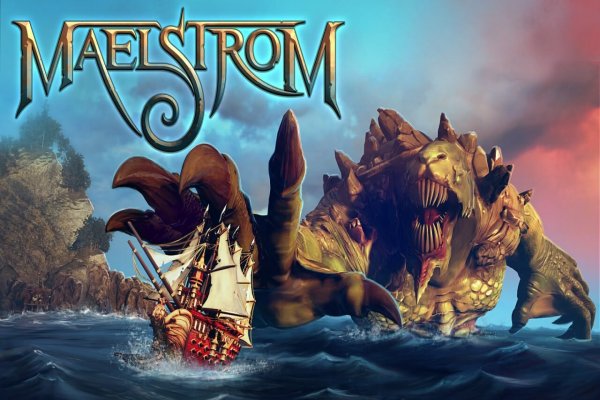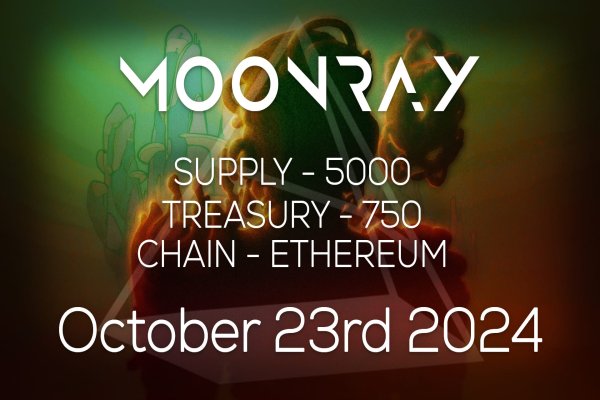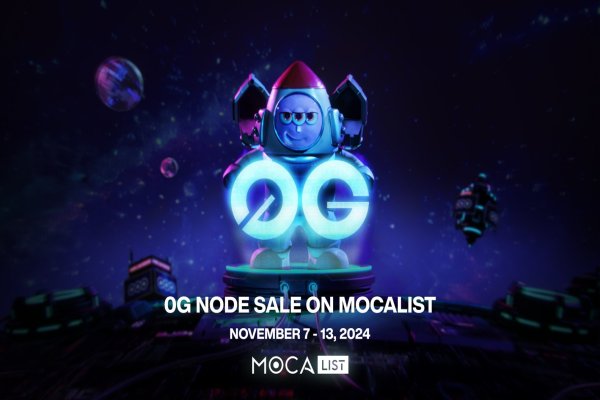Is the general gamer’s attitude towards NFT games changing? Or is it just that blockchain games are moving away from focusing on the technical aspects, such as NFTs, and instead promoting the real, tangible benefits for players. This shift signals a new era for blockchain technology in gaming—one where players might embrace the technology without even realizing it!
The Initial Resistance to NFTs in Gaming
When NFTs first entered the gaming world, they were met with substantial backlash. Gamers were quick to criticize, partly because NFTs were often associated with speculative investments, environmental concerns over blockchain computation, and scam projects. To many, it seemed like a technology designed to milk additional revenue from gamers rather than improve their experience. Adding to the skepticism, many gaming companies implemented NFTs hastily, without truly integrating them into the game mechanics in a meaningful way.
For quite a while, streamers and influencers, who have a tremendous sway over the gaming community, were largely against NFTs. These influencers, who represent the voice of the average gamer, shared concerns about NFTs’ potential to disrupt gaming for the worse. With such powerful figures casting doubt on NFTs, the stigma around blockchain-based gaming grew even stronger.
The Shift in Perception: Web3 as a Concept, Not a Buzzword
But, the landscape is changing. The gaming community is gradually warming up to the idea of blockchain technology—not because they are suddenly interested in NFTs, but because they are beginning to see practical applications that actually enhance their experience. This shift has been subtly facilitated by rebranding the technology’s use case, presenting it without emphasizing terms like “NFT” or “blockchain,” which previously sparked backlash.
The recent comments by Shroud, one of the largest first-person shooter (FPS) streamers, exemplify this shift. During the promotional hype for the game Off the Grid, Shroud discussed how a web3 gaming marketplace could work in a way that made sense for gamers. His approval of the concept marks a turning point, as his audience, many of whom are mainstream or “web2” gamers, witnessed a trusted figure endorse the underlying ideas of web3. Instead of framing the discussion around NFTs, Shroud focused on the marketplace concept—a tangible benefit for players, allowing them to buy, sell, and trade in-game assets more freely. This framing removes the stigma, offering players a familiar experience with a fresh twist.
This subtle, indirect approach helps gamers understand the value of web3 without attaching it to a buzzword. By removing the technical terms that have been stigmatized, gamers are now more open to exploring the actual benefits that blockchain technology can bring to their experience.
And while the initial hype for Off the Grid has died down a bit, they are still pulling in 9k streaming viewers on a regular basis. With the game still in alpha testing, that’s pretty impressive!

Focus on Utility, Not Technology
For years, web3 developers and advocates have been focused on educating players about blockchain technology, emphasizing the tech behind it. However, a new strategy is emerging: highlight the benefits and use cases of blockchain for gamers, without overwhelming them with technical jargon. For instance, developers are showcasing features like player-owned marketplaces, digital asset ownership, and interoperability across different games. Gamers are naturally familiar with the concept of virtual assets, as they already spend money on in-game items, skins, and collectibles. By presenting blockchain as a natural evolution of these familiar features, rather than a disruptive overhaul, companies can sidestep the stigma of NFTs.
Take digital ownership, for instance. Imagine a player spends hundreds of hours leveling up their character in a role-playing game or acquiring rare skins in a shooter game. Traditionally, all those assets are bound to that game and can’t be moved elsewhere or resold. Web3 technology allows players to truly own their items, so they can transfer or trade them across games, or even profit from their digital assets. For gamers, the appeal of these features isn’t about the underlying blockchain; it’s about the added freedom and value they gain in their virtual experiences.
The Importance of Language in Changing Perceptions
By moving away from buzzwords like “NFT,” developers are taking a more effective approach. This shift aligns with the idea that gamers are more interested in gameplay enhancements than in learning the intricacies of blockchain. They care about how a game feels and what unique experiences it offers. This nuanced approach to communication allows developers to introduce blockchain technology in a way that resonates with players and avoids triggering past objections.
It’s also worth noting that gaming communities often rely on influencer endorsements to shape their opinions on new technologies. With major influencers like Shroud openly discussing the benefits of web3 marketplaces, it’s easier for everyday gamers to get on board. When trusted voices acknowledge the value of these systems, gamers start to view web3 as a legitimate improvement rather than just a passing trend.

What This Means for the Future of Web3 Gaming
As companies continue to prioritize player experience over technology, we’re likely to see web3 gaming grow without the baggage of NFT terminology. Projects like Off the Grid demonstrate that when blockchain-based features are presented as tools to enhance gameplay and player ownership, gamers are more receptive. The idea is to implement web3 in such a way that it becomes a seamless part of the gaming experience, invisible to those who don’t care about the technology, while providing added value for those who do.
The lesson here for developers and advocates is simple: when it comes to bringing blockchain into gaming, less is more. By focusing on real-world use cases instead of technical terms, developers can shift perceptions and build a new era of web3 gaming that resonates with a broader audience. As the gaming community becomes increasingly familiar with these concepts through trusted influencers and hands-on experience, the old stigma around NFTs may fade away entirely.
In this new landscape, web3 won’t need to prove itself through buzzwords. Instead, its success will be measured by its impact on the gaming experience, quietly revolutionizing the industry without the noise.



